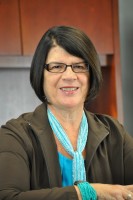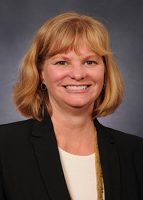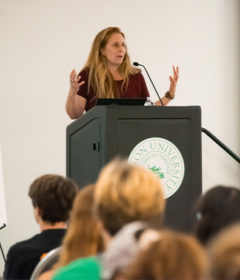Financial Friday: FAFSA Money


After completing the Free Application for Federal Student Aid (FAFSA), you will be offered loans and may also be offered grants. The difference between a grant and a loan is important: loans have to be paid back, usually with interest.
Grants generally do not have to be repaid unless you fail to meet the grant requirements, such as minimum GPA and credit earned. For a student to be offered most grants, they need to file the FAFSA and have “need” (lower income). One exception is the Florida Resident Access Grant, which is not based on the FAFSA, and students can receive it whether they file a FAFSA or not. This grant is based on an application filed by the student and requires proof that at least one parent has been a resident of the state of Florida for at least 12 months. To keep it, the student must earn at least 24 credit hours in an academic year and earn at least a 2.0 GPA. It’s $3,300 per year!

If you get behind on paying back the loans, it will likely hurt your credit rating, which will hurt your ability to get a job, apartment and, of course, more credit. Also, any tax return received could be sent to whomever holds your loan if you are behind on loan payments.
Complete the FAFSA early, because you may also be eligible for other scholarships – which also don’t have to be paid back. There are many private grants and scholarships based on need, merit or other specific characteristics like major, but many require a FAFSA to be eligible.
Valrie Chambers, Ph.D., is chair of the Accounting Department and associate professor of taxation and accounting. Betty Thorne, Ph.D., is a professor of statistics and the Christian R. Lindback Chair of Business Administration. They write Financial Fridays to bolster students’ financial wellness, including preventing financial mistakes, safeguarding their assets and identity, and thinking critically about financial decisions. For questions, contact Valrie Chambers at [email protected].



